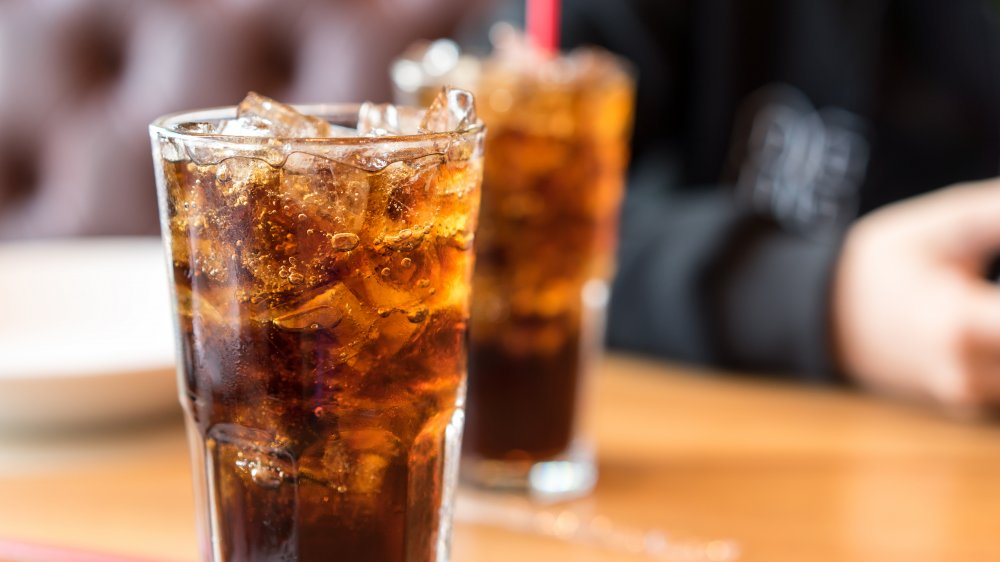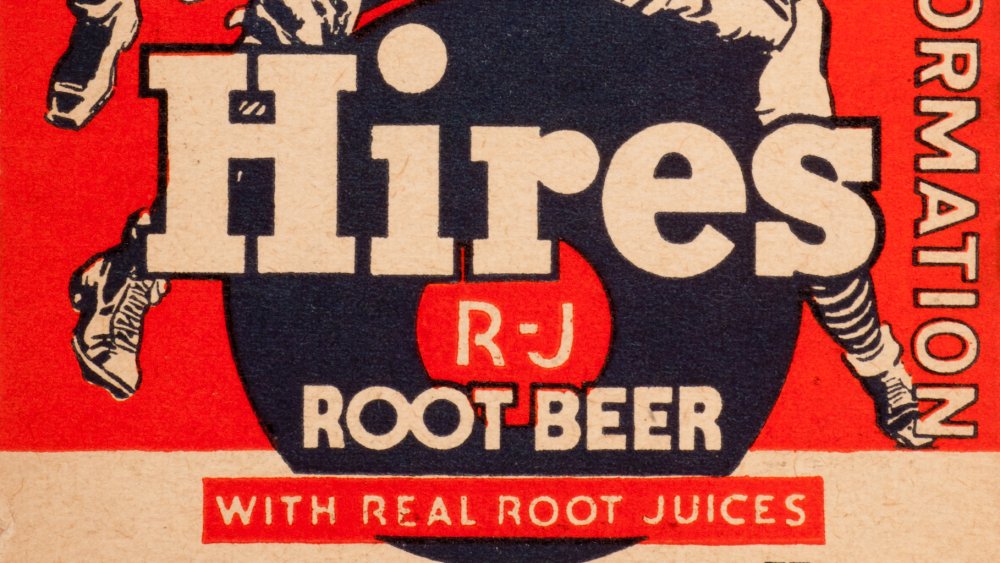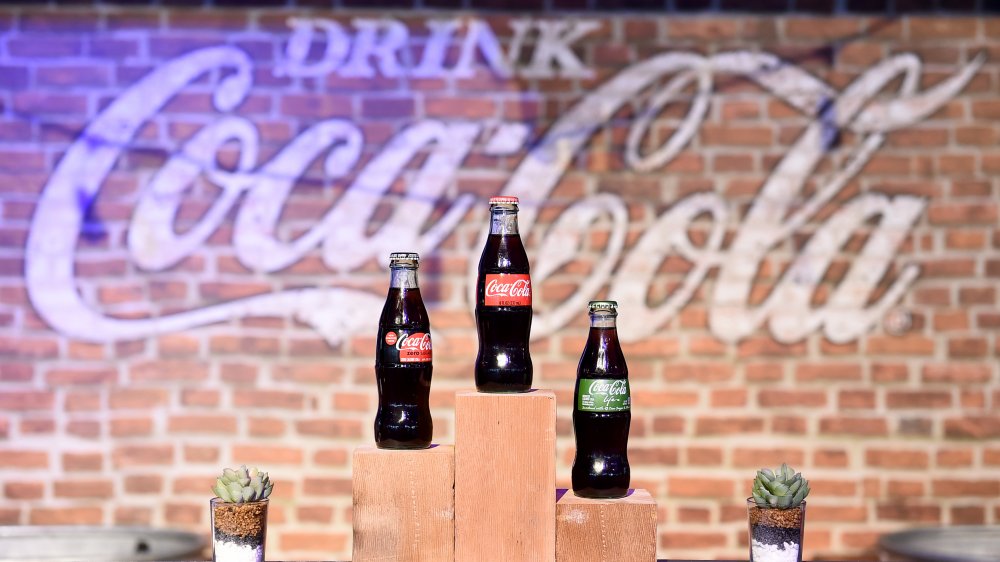The Real Difference Between Cola And Root Beer
Cola and root beer are both soft drink staples that are popular all over the world. However, although these dark, fizzy beverages may look similar, there are many distinctions between the two sweet drinks.
Root beer, which was traditionally made from the roots of the sassafras tree, has a more bitter taste. According to Bundaberg, modern root beer recipes include sweetening additives like vanilla, molasses, and honey, but it is still not as sweet as cola, which primarily contains citrus oils, cinnamon, vanilla, and caramel coloring. Differencebetween.net explains that root beer does not generally contain caffeine, while the stimulant is a main ingredient in cola.
Root beer also predates cola by many years. Drinks made from the sassafras plant have been around since early Native Americans boiled the plant's roots and leaves for medicinal purposes, per Livestrong. Sassafras beverages became popular in Europe throughout the 16th century, but the version of root beer we think of today wasn't invented until 1876.
Cola was originally intended to be a tonic
According to ThoughtCo, the modern version of root beer was originally created by a Charles Elmer Hires, a pharmacist hailing from Philadelphia. After coming across a dry herbal tea recipe while on his honeymoon in New Jersey, Hires tweaked it to create a carbonated, liquid formula. After the drink's successful public debut at the 1876 Philadelphia Centennial exhibition, Hires began bottling and selling the product as an alternative to alcoholic beverages — hence the name "root beer," reports Bundaberg.
Cola is a more recent invention. In May of 1886, an Atlanta-based pharmacist named Dr. John Stith Pemberton concocted the mixture of sweet syrup and carbonated water, with the intent of marketing it as a brain and nerve tonic, according to HowStuffWorks. However, when he brought the drink to the nearby Jacobs' Pharmacy to sample, they decided it was too tasty to be served as medicine. Instead, they included it in their fountain drink selection, selling it for five cents a glass, per the Coca-Cola Company.
Coca-Cola's popularity boomed in the 1890s
In 1894, a candy maker named Joseph Biedenharn had the idea to manufacture the drink in bottles for broader distribution. Per HowStuffWorks, this move led to a 4,000 percent growth in sales and launched the beginning of the Coca-Cola boom that has continued into today.
Cola consumption now far surpasses root beer consumption, partly due to the major marketing efforts that have been directed towards cola by Coke and Pepsi, the world's two biggest soft drink producers, says Differencebetween.net. While the cola competition between these two companies might be good for their bottom line, it is not as good for the health of the general public. Cola, because it contains ingredients that can be erosive to tooth enamel, has a greater risk of causing dental problems than root beer.
However, both soft drinks contain high amounts of sugar, which can also be detrimental to health if not consumed in moderation. Too much sugar consumption can contribute to obesity, high blood pressure, and type 2 diabetes, explains Healthline. Despite these potential health concerns, neither of these drinks appear to be losing popularity anytime soon.


